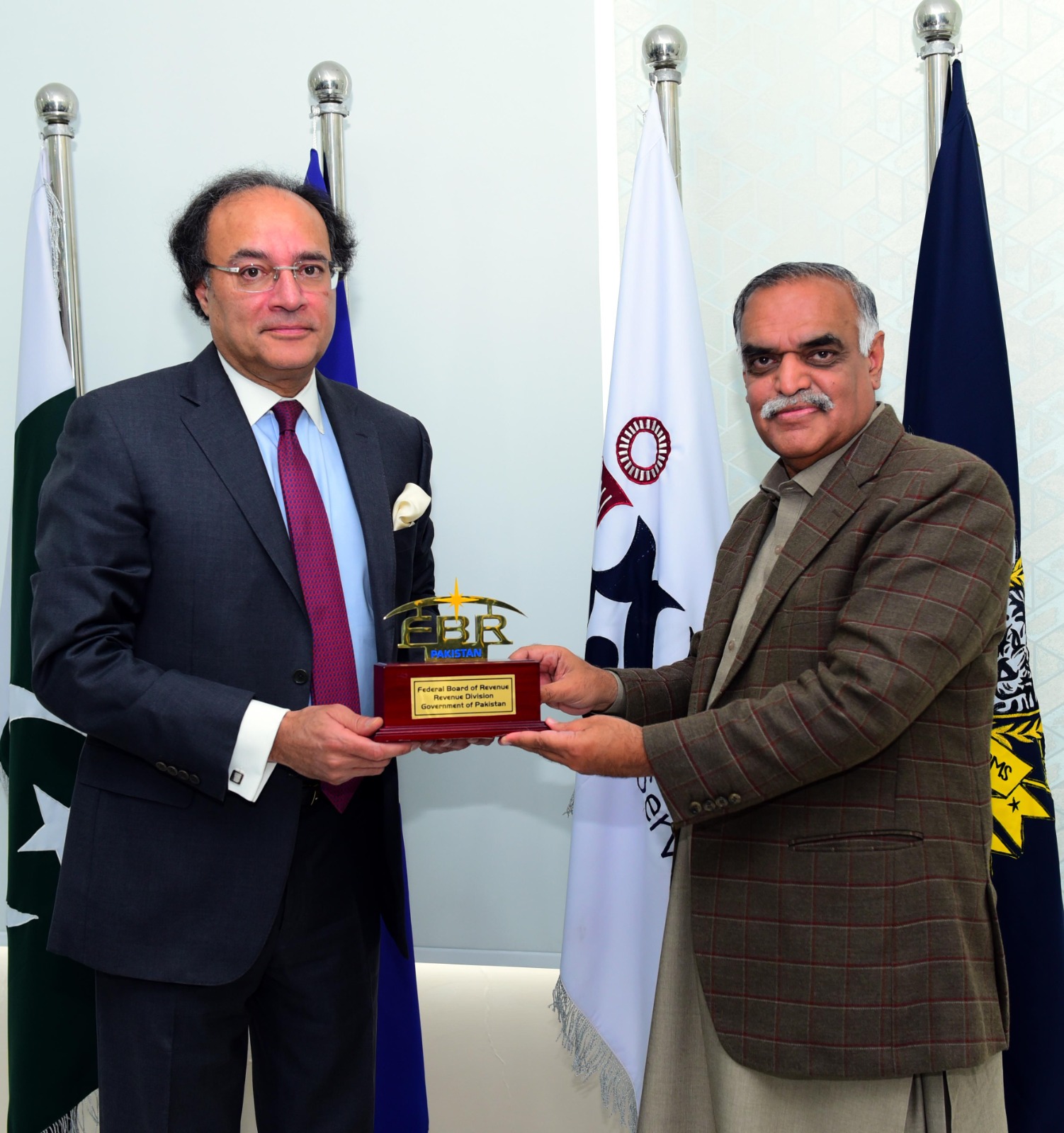The Federal Board of Revenue (FBR) has officially reconstituted its committee tasked with evaluating applications for licences related to the integration of registered persons under the Sales Tax Rules, 2006. The decision, announced through a formal notification issued on Monday, reflects FBR’s continued effort to enhance transparency, streamline registration, and promote digital tax enforcement.
The move comes at a time when both corporate and non-corporate sectors are anticipating a formal extension in the time period for mandatory sales tax integration, which is a critical step toward expanding the tax net and improving compliance rates.
Supersession of Earlier Notification
According to the latest announcement, this new committee supersedes the earlier Notification No. (IR-Ops)/2025-R, dated June 16, 2025. The updated notification has been issued under powers granted by multiple tax laws including:
- Sales Tax Act, 1990
- Sales Tax Rules, 2006
- Income Tax Ordinance, 2001
- Income Tax Rules, 2002
The objective of this reconstitution is to ensure that the licensing process for sales tax integration is executed fairly, efficiently, and in alignment with updated rules and compliance requirements.
The newly appointed committee includes high-ranking officials from both FBR and Pakistan Revenue Automation (PRAL). The full composition is as follows:
- Abid Mehmood, Director General (IT & DT) – Chairman of the Committee
- Arshad Nawaz Chheena, Chief (Revenue-Operations) – Member
- Aamar Javed, Chief (Systems) – Member/Secretary
- Abdul Hameed, Secretary (STB) – Member
- Abid Naeem, CIO, PRAL – Member
- Mehboob-ur-Rehman, Senior Manager (Development), PRAL – Member
This multi-disciplinary team has been assigned the task of overseeing application evaluations, handling procedural assessments, and ensuring that integration partners meet the required eligibility criteria.
The FBR has laid out specific Terms of Reference (ToRs) for the committee to ensure clarity and purpose in their operational framework. These include:
- Document Scrutiny and Eligibility Assessment
The committee will review all submitted documents and verify the eligibility of applicants applying for new sales tax registration under the integration mechanism. - Review of Additional Documents
In cases where registration has already been granted, the committee will examine any additional documentation required under the newly revised rules. - Preparation of Request for Proposal (RFP)
As per the updated scope and rules, the committee will be responsible for drafting the Request for Proposal (RFP) to facilitate new integration agreements. - Evaluation of Complaints and Licence Cancellations
The committee will also review complaints lodged against licensees and forward recommendations to the Board for potential cancellation of licences where necessary.
This notification, as stated by the FBR, has been approved by the competent authority, and is part of broader reforms to improve digital tax governance and enforcement in Pakistan.
Speaking to Business Recorder, a senior tax expert noted that both the corporate and SME sectors are awaiting a formal decision from the FBR regarding a time extension for sales tax integration. Given the complexity of integrating point-of-sale (POS) systems and ensuring IT infrastructure readiness, businesses are hoping for a grace period that allows full compliance without penalties.
The reconstitution of the committee signals that the FBR is preparing for a new phase of sales tax integration enforcement, particularly with its continued push to digitize tax collection systems across industries.
Sales tax integration is a strategic policy implemented by FBR to ensure that business transactions are recorded electronically, particularly at retail and wholesale levels. Through POS systems, businesses are required to integrate their systems with FBR’s digital network, enabling real-time reporting of sales data.
This system is designed to:
- Minimize tax evasion
- Enhance revenue collection
- Improve audit and transparency
- Increase VAT compliance
While the Sales Tax Rules, 2006 provide the legal foundation for this system, the evolution of Pakistan’s tax ecosystem and the emergence of new technologies have necessitated updates to licensing procedures, which this committee aims to address.
The restructuring of this committee underlines the FBR’s intention to tighten its oversight of licensing and integration partners, ensuring that only qualified and compliant vendors are allowed to operate. The move is also a strong message to the business community that compliance enforcement will intensify, but in a structured and transparent manner.
Market watchers believe that this step could accelerate the digital transformation of Pakistan’s tax administration, paving the way for broader reforms in income and corporate tax integration as well.




